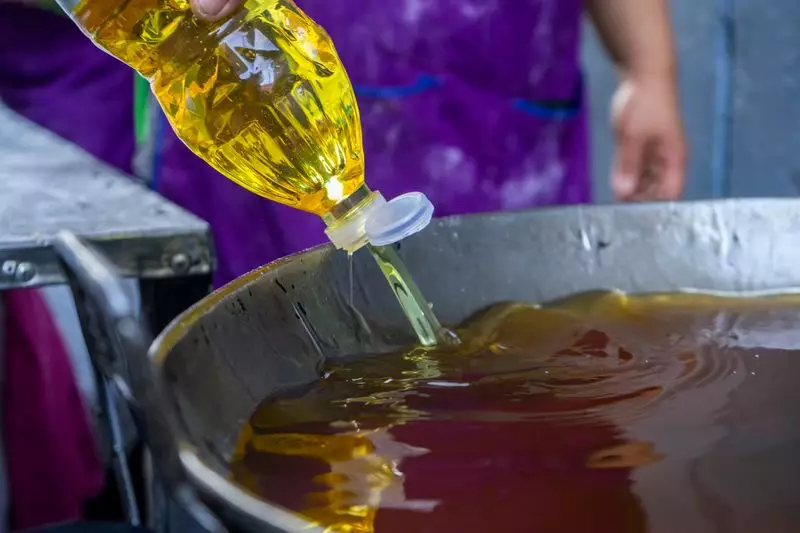
In a significant crackdown on food adulteration, Moga Police has exposed a sophisticated fake desi ghee manufacturing operation that was supplying counterfeit products to unsuspecting consumers across the region.
The Raid and Seizure
Acting on a crucial tip-off, a police team led by Senior Superintendent of Police J Elanchezhian conducted a surprise raid at a residential premises in Dina Nagar, Moga. What they uncovered was alarming - a fully operational illegal factory producing adulterated ghee on a commercial scale.
The seized items included:
- 380 kilograms of ready-to-sell fake desi ghee
- 35 kilograms of partially prepared adulterated mixture
- Numerous empty containers and packaging materials
- Manufacturing equipment used in the illicit operation
The Accused and Their Modus Operandi
Police have arrested four individuals, all identified as residents of Uttar Pradesh, who were allegedly running this hazardous operation. The accused have been identified as Guddu, Sonu, Javed, and Naushad - all hailing from different districts of UP.
According to police investigations, the gang had established this manufacturing unit in a residential area to avoid detection. They were producing counterfeit ghee using inferior quality oils and harmful additives, then packaging it as premium desi ghee for distribution in local markets.
Official Statement
SSP J Elanchezhian stated, "This was a well-organized racket operating from a residential premises. We have seized all manufacturing materials and the accused have been booked under relevant sections of the Indian Penal Code. Our investigation is ongoing to trace their distribution network and identify other potential accomplices."
Broader Implications
This bust highlights the serious concerns about food safety and adulteration in the region. The incident has raised questions about the monitoring mechanisms for food products and the need for more rigorous checks at the manufacturing and distribution levels.
Food safety officials have been alerted about the operation, and further testing is being conducted on the seized materials to determine the exact composition and potential health hazards of the adulterated products.





